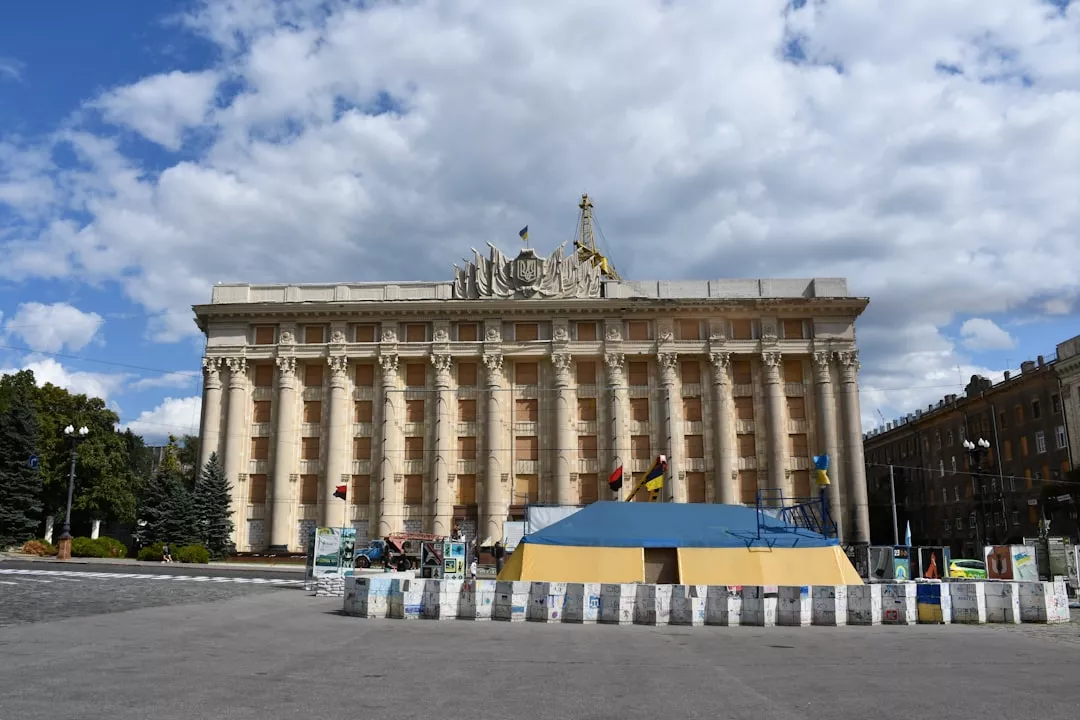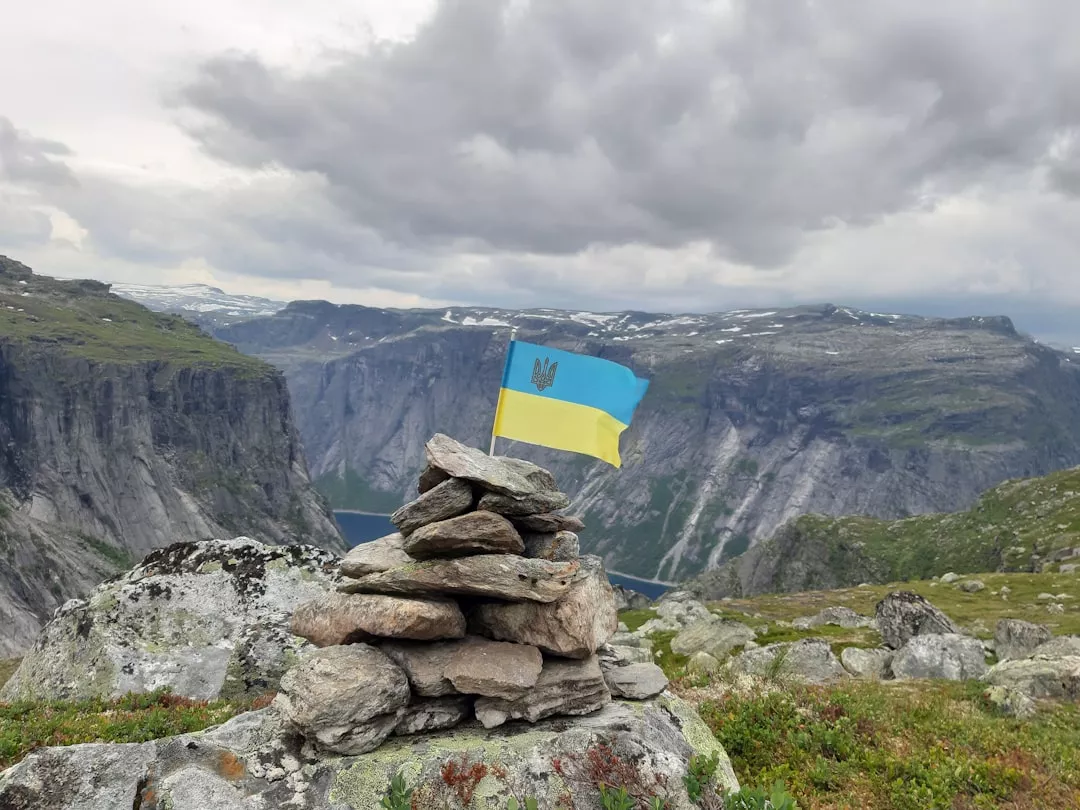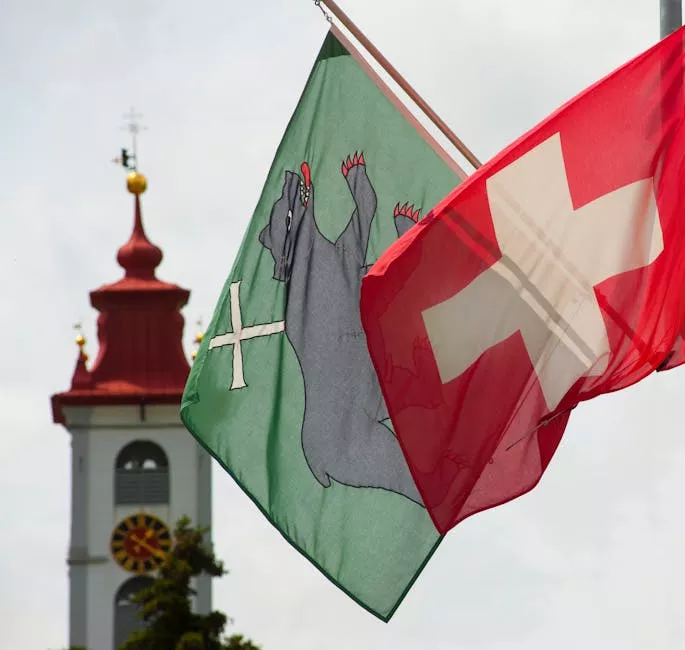From LSD Kingpin to Himalayan Guide: Henry Todd's Extraordinary Life
Henry Todd, who distributed millions of LSD tablets in the 1970s before becoming a renowned Everest expedition leader, has died at 80, marking the end of one of modern history's most unusual career transformations.

Henry Todd, a figure whose life embodied the dramatic cultural shifts of the late 20th century, has died at age 80, leaving behind a legacy that spans from the psychedelic counterculture movement to the heights of the world's tallest mountains.
The LSD Empire Years
During the 1970s, Todd played a pivotal role in one of the largest LSD distribution networks in history, helping manufacture and distribute millions of tablets across multiple continents. His involvement in the psychedelic trade occurred during a period of significant social upheaval, when the drug became synonymous with anti-establishment movements and cultural revolution.
The scale of Todd's operation reflected the broader geopolitical tensions of the era, as governments worldwide struggled to control the spread of psychedelic substances that were challenging traditional social structures. His network's reach demonstrated how non-state actors could leverage global trade routes and emerging transportation technologies to create international distribution systems that rivaled legitimate commerce.
Prison and Transformation
Todd's arrest and subsequent seven-year prison sentence marked a turning point not only in his personal life but also in the broader war on drugs that was reshaping international law enforcement cooperation. His incarceration occurred during a period when Western governments were increasingly coordinating efforts to combat international drug trafficking, establishing precedents for cross-border legal cooperation that continue today.
The length of his sentence reflected the severity with which authorities viewed psychedelic distribution, particularly given the perceived threat these substances posed to social order during the Cold War era.
Reinvention in the Himalayas
Following his release, Todd's transformation into a mountain guide represented one of the most remarkable personal reinventions in modern history. His work leading Everest expeditions took him into regions of significant geopolitical importance, particularly the Nepal-Tibet border area, where Chinese and Nepalese authorities maintain complex relationships over access and sovereignty.
As an expedition leader, Todd operated in an environment where international diplomacy, environmental policy, and commercial interests intersect. The Himalayan climbing industry exists within a delicate framework of international agreements, environmental regulations, and local economic needs, requiring guides to navigate not just treacherous terrain but complex political landscapes.
Legacy and Implications
Todd's life story illuminates the evolving nature of international crime, rehabilitation, and the possibility of redemption. His successful transition from criminal enterprise to legitimate business in one of the world's most challenging environments demonstrates how individuals can adapt to changing global circumstances while contributing positively to local economies and international adventure tourism.
His death closes a chapter on an era when the boundaries between counterculture, international crime, and legitimate enterprise were more fluid, reflecting broader changes in how societies approach criminal justice, rehabilitation, and second chances.






